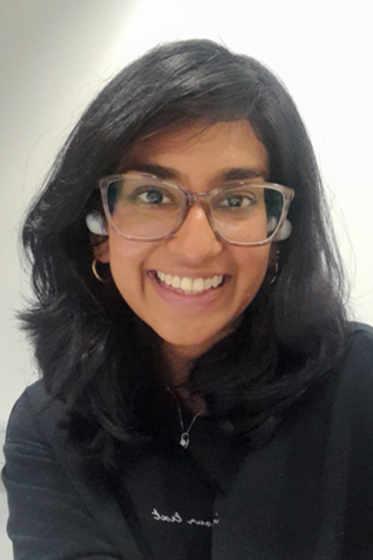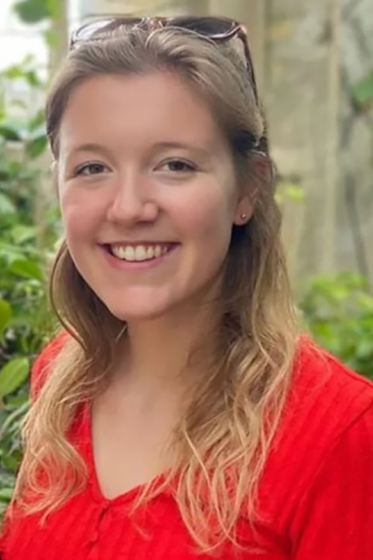Prizes
Annual Essay Prize
The London Division has created a prize for the best submission by a medical undergraduate and foundation doctor within the London Division.
This can be any of the following:
- an essay written on a subject in psychiatry
- a research project in psychiatry where the student is either the main author or has made a significant contribution
- a literature review on a topic in psychiatry
- an essay on psychiatry which is especially relevant to London, due either to historical importance or another topic of local significance.
Prize
A maximum of four prizes of £200 each are offered, depending on the standard and number of submissions.
- two prizes of £200 for medical undergraduates
- two prizes of £200 for foundation doctors.
Prizes will be awarded at the discretion of the judges who will take into account the standard of entries.
Winners also receive free entry to the London Division Autumn Academic Conference, curated by our Academic Secretary, Dr Stefania Bonaccorso.
Please note prior to 2019 the prizes were given to medical undergraduates only.
Frequency
Annually.
Who can enter?
Medical undergraduates and foundation doctors currently in the London Division area.
Where will it be presented?
London Division Autumn Academic Conference, 9 November 2023, 9:00am - 1:00pm. This will be an online event.
Terms
- The submission should be a maximum word count of 6000 words
- Research projects should be written in the format normally associated with research articles published in the academic press, and should also include an abstract of no more than 200 words.
- The submission should be the applicant's own work.
- The submission should be an original piece and should not have been already published.
- Only one submission per applicant will be accepted.
- The submission is to be forwarded as a Word document.
Submissions
Please send entries to Karen Morgan (karen.morgan@rcpsych.ac.uk)
Deadline for submissions: 16 October 2023
Current prize winners
Medical student category
| Twisha Ardelle Rohan for work entitled 'Insights into modern psychiatry and wellness: an exploration of sexual wellbeing in HIV+ women' |  |
| Venkatalakshmi Satram for work entitled 'Do we really care about caring? Empathy and compassion in medical education and practice' |  |
Foundation doctor category
| Dr Helen Lashwood for work entitled 'Asylum seeker access to crisis mental healthcare in Hounslow' |  |
Medical Student category
- Dong Zheng for work entitled: 'Do “happier” countries have lower levels of depression and anxiety – A study to explore the association between the World Happiness Index and the prevalence of depression and anxiety disorders by Country.'
- Naila Choudhury for work entitled: 'Neuropsychiatric condition or jinn possession?'
Foundation Doctor category
- Lydia Akaje-Macauley for work entitled: 'Is spirituality the answer to mental illness in Black patients?'
- Robyn Wilcha for work entitled: 'The Hidden Risk of Sporting Excellence: Eating Disorders in Athletes'
Please note - the prize was delayed from Autumn 2021, and awarded in Spring 2022.
Medical Student category
- Sulaimaan Aslam for work entitled: 'How COVID-19 has impacted Mental Health Services'
- Resha Jazrawi for work entitled: 'Do fictional portrayals of psychopaths add to our understanding of psychopathy?'
- Shir Dor for work entitled: 'Is Autism Spectrum Condition Over-Respresented in Patients with Anorexia Nervosa?'
Medical Student category
- Charlotte Caves for work entitled: 'How contemporary Disney film can be used for mental health teaching in schools: a case study of Winnie the Pooh (2011) and Inside Out (2015)'
- Nichola Sarathchandra for work entitled: 'Investigating Medication Errors in the Transfer of Care Within Mental Health Settings'
Foundation Doctor category
- Dr Elliot Clissold for work entitled: 'What Can Human Development Do for Global Mental Health?'
- Dr Nicola Wolff for work entitled: 'Minimisation and Medicalisation: How Modern Psychiatry Contributes to the Subjugation of Women’s Self Expression and Experiences of Trauma'
Previous winners
Medical Student category
- Sarah Wong Hui Min for work entitled: 'Split minds, splitting hairs?: An interdisciplinary perspective on renaming schizophrenia'
- Natasha Chilambo for work entitled: 'Researchers As Leaders: Is The African Mental Health Research Initiative (AMARI) An Effective Apparatus For Resolving Mental Health Problems In Africa?'
Foundation Doctor category
- Dr Soracha Healy for work entitled: 'Intracranial mischief' amongst the wealthy and the workhouses; understanding the role of private and public asylums in Sussex 1845-1890'
- Dr Stephanie Adeyemi for work entitled: 'What are the psychological effects of Female Genital Mutilation? How can psychiatrists support survivors of the practice?'
- Devyani Shete for work entitled: Can telepsychiatry overcome communication barriers in the clinical consultation?
- Mehdin Munim Shah for work entitled: Doctor-patient relationship: history, current models and flaws
- Micheal Abbott for work entitled: Lives unworthy of life: psychiatry and institutional slaughter under the Nazi regime

